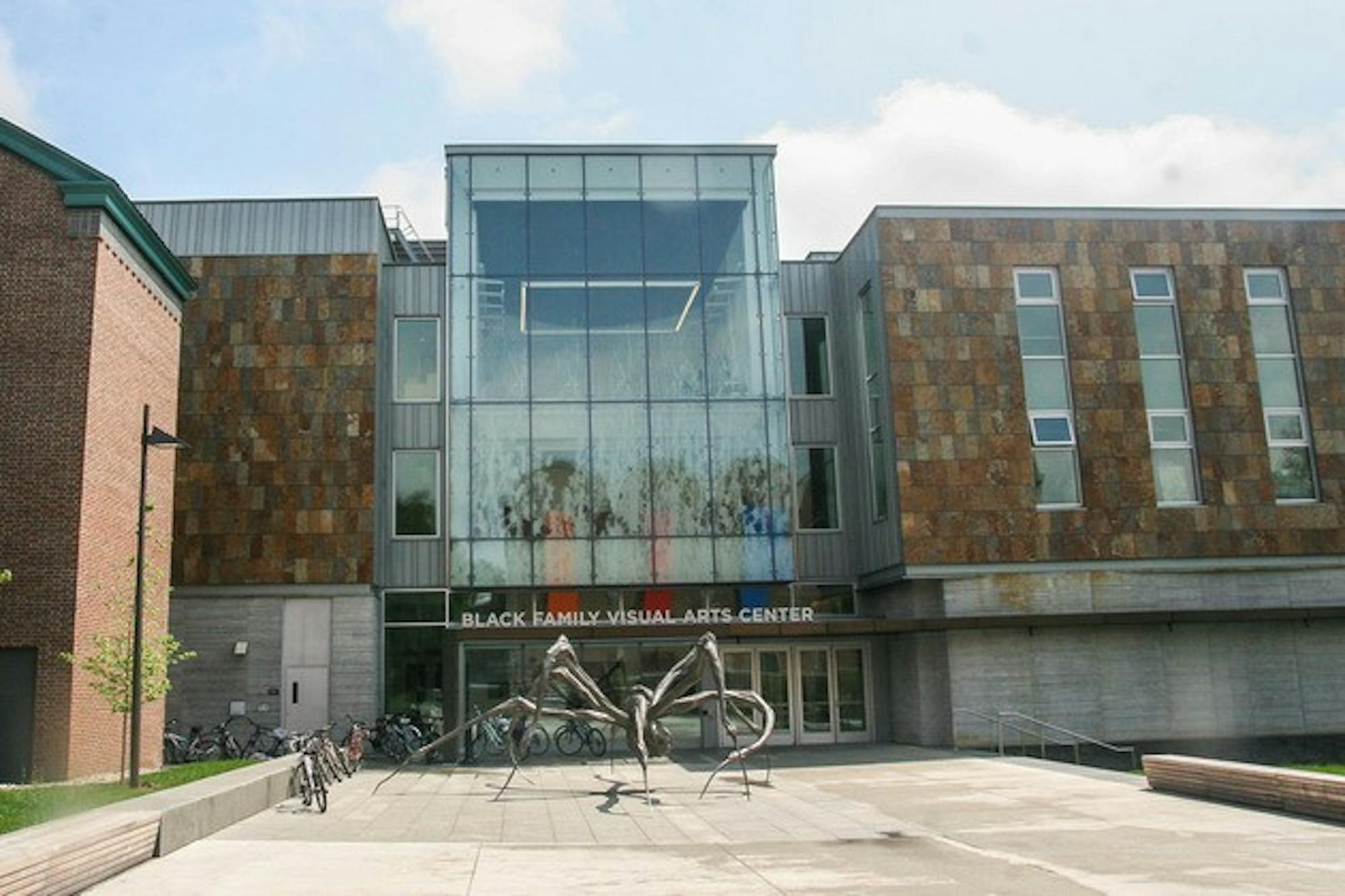On Nov. 28, Cheri Pierson filed a lawsuit alleging that former College trustee Leon Black ’73 — the namesake of the Black Family Visual Arts Center — raped her at the home of convicted sex offender Jeffrey Epstein in 2002. Pierson is represented by Wigdor LLP, the same law firm representing Guzel Ganieva, another woman who is suing Black for sexual harassment. Ganieva’s lawsuit, filed in June 2021, had previously been amended in Sept. 2021 to include Pierson as another woman Black assaulted, referred to then as “Jane Doe.”
According to the lawsuit, the “violent assault” took place in Epstein’s home in Manhattan, where Pierson arrived under the pretense that she would give Black a massage and in return he would pay her money that she “desperately needed” as a single mother for her young daughter. The assault resulted in vaginal tearing and bleeding that Pierson used ice and over the counter medication to treat because she had no medical insurance.
“Black had the opportunity and the means to rape Ms. Pierson that day because their meeting was pre-arranged by his close friend and confidant, Epstein,” the lawsuit reads.
The lawsuit also claims that Black called Pierson several times after the alleged rape insisting to see her because he felt “bad.” At one point the two met at a bar in the St. Regis Hotel in New York City, where Black gave Pierson $5,000 in an envelope.
In an email statement to The Dartmouth, Black’s attorney Susan Estrich wrote that these allegations are “categorically false” and aim to extort money from Black. Estrich and Black initially met at Dartmouth in 1972 when Estrich was part of an exchange program as a junior at Wellesley College.
“Other than a fleeting reference to an unnamed and otherwise unidentified ‘friend’ Ms. Doe supposedly confided in a few weeks after the alleged episode, no evidentiary support is offered for an assault that supposedly took place more than 20 years ago,” Estrich wrote in a letter to Wigdor.
Despite some students and alumni denouncing Black for the rape allegation and his ties to Epstein, Black’s name remains the namesake of the Black Family Visual Arts Center. Black donated $48 million to fund the building in 2012.
“[Black’s name] sends a message of who really matters, and I think money talks on Dartmouth’s campus more than anything else,” Student and Presidential Committee on Sexual Assault executive Madeline Gochee ’23 said.
College spokesperson Diana Lawrence did not respond to requests for comment as of press time. In November, when the lawsuit first emerged, Lawrence confirmed that there were no plans to rename the arts center.
Denise Lee ’25, a Sexual Assault Peer Alliance member, said she supports changing BVAC’s name and that it is something the College should have done already without students and alumni bringing the issue to their attention.
“If there’s no contractual obligation to keep the name, then there is no reason for us to have essentially a memorial for a sexual assaulter,” Lee said. “It’s another instance in which the [College] is passive when it comes to taking positive action in the name of furthering women’s rights.”
Gochee said that maintaining the Black namesake in light of rape allegations is “especially frustrating” because some sexual assault survivors use art programs and classes as a space to work through their trauma. Gochee added that she is “not surprised” by the Dartmouth administration’s decision not to change the building’s name.
“It’s been very clear for a long time that Dartmouth is more beholden to alumni and donor contributions than they are to student voices and survivors,” Gochee said.
Alumni have come out in support of changing the name of the center. In an article for the Valley News, Stan Colla ’72, Ruth Cserr ’88, Roberta Millstein ’88 and Diana Whitney ’95 wrote that maintaining Black’s namesake over BVAC is an “ever-present insult” to sexual assault survivors on campus.
“Dartmouth cannot in good conscience continue to honor this man,” Veronica Wessels ’81, a founding member of the Dartmouth Community Against Gender Harassment and Sexual Violence, wrote in an email statement. “It’s an institutional embarrassment.”
To ameliorate the situation, the alumni behind the Valley News article have suggested removing Black’s name from BVAC and initiating a community-wide conversation about a more appropriate name. Gochee said that in the wake of the rape allegations against Black, she knows that many students and professors who have taken to calling the arts building “VAC” instead of BVAC.
“If Dartmouth really cares about uplifting and supporting survivors in the way that they say that they do, renaming [the building] to something that indicates that either another donor or an organization working for that cause would be a really great way to demonstrate to the community their care regarding this issue,” Gochee said.
Lee said that the College must also focus on substantive changes to how it address sexual assault.
“Dartmouth is kind of trapped because it is performative to change the name without actually changing its policies like making the Title IX process easier, but also not changing the name is worse,” Lee said.

Arizbeth Rojas ’25 is a managing editor of the 181st directorate from Dallas, TX. When she’s not listening to DJ Sabrina the Teenage DJ or planning her next half marathon, you can find her munching on a lox bagel.




